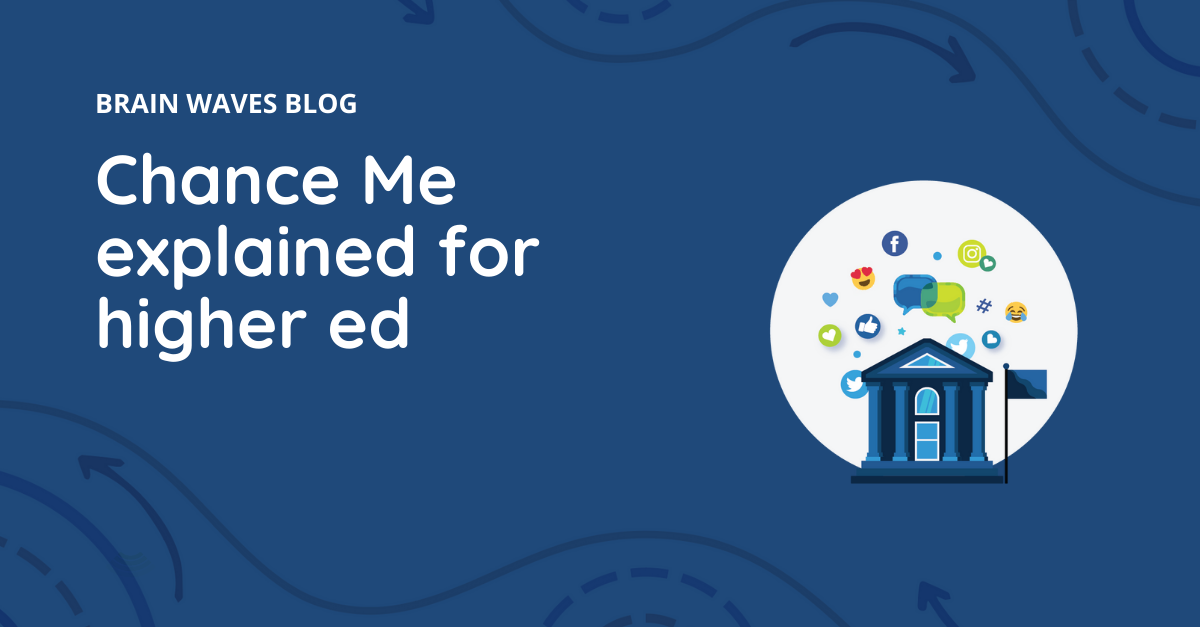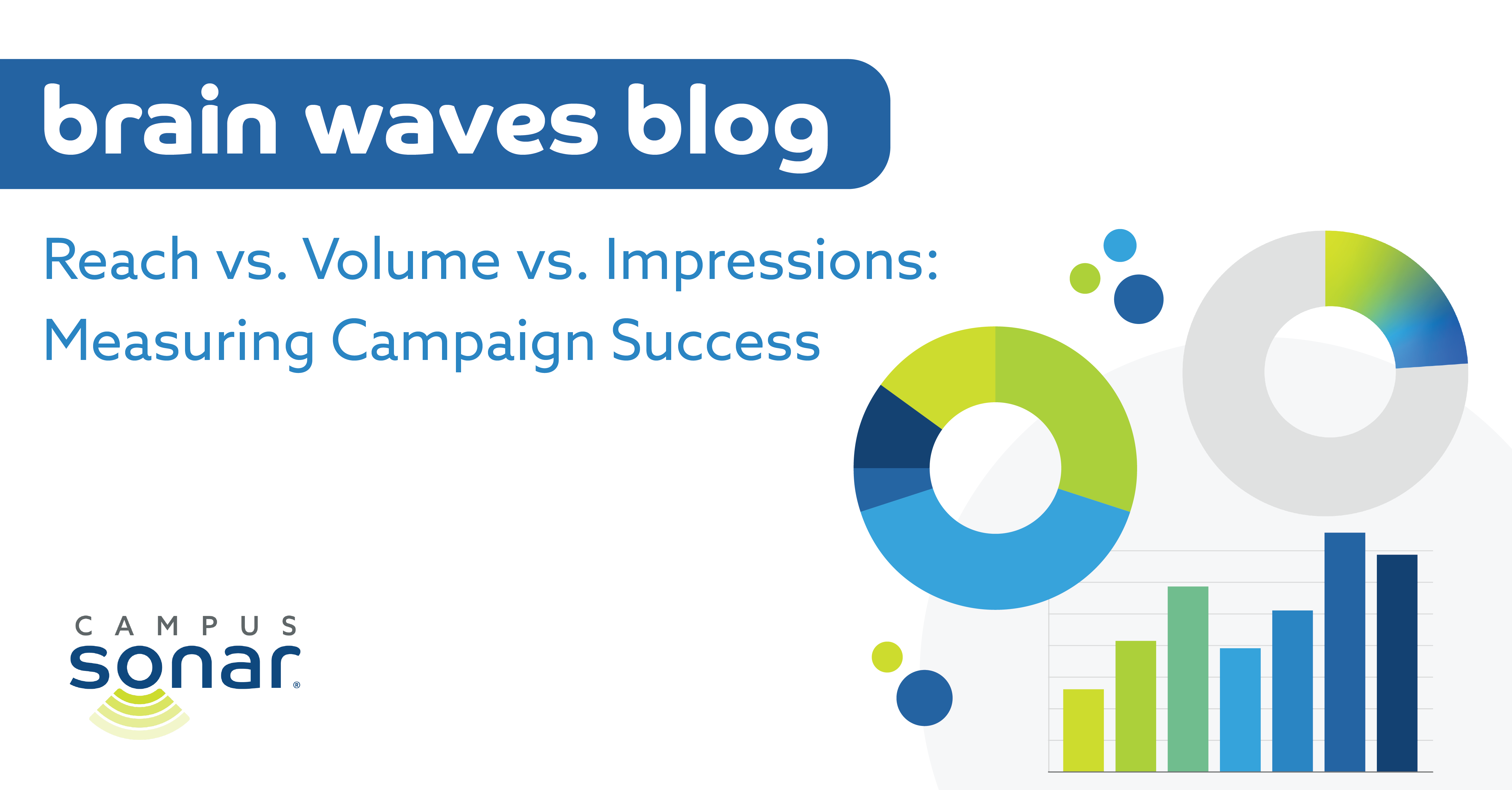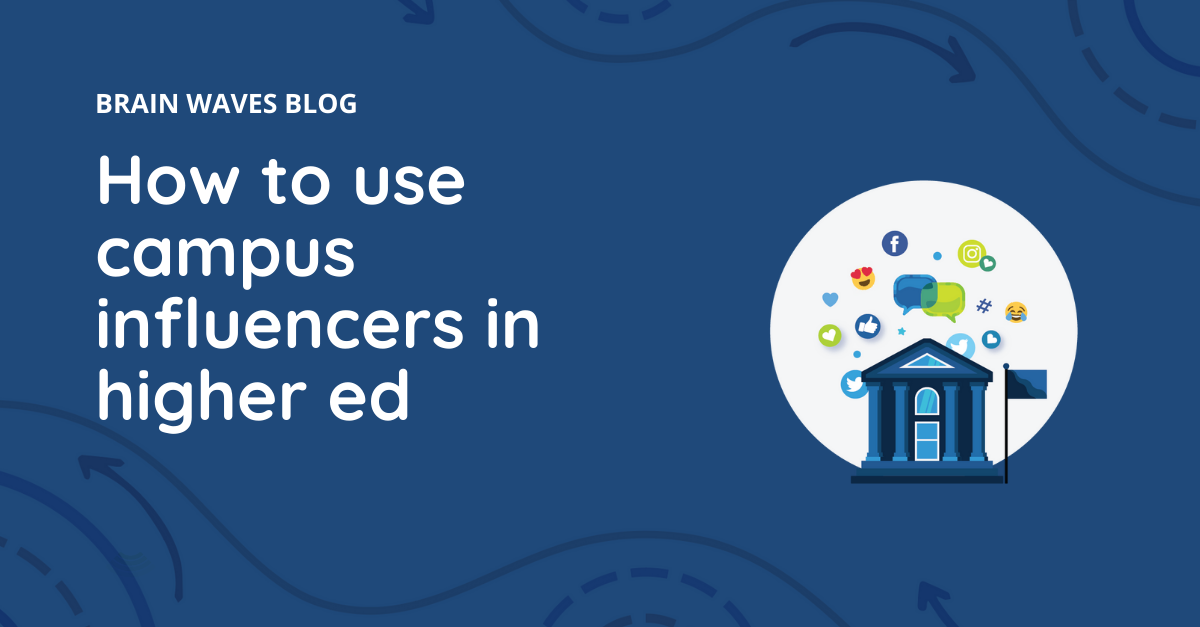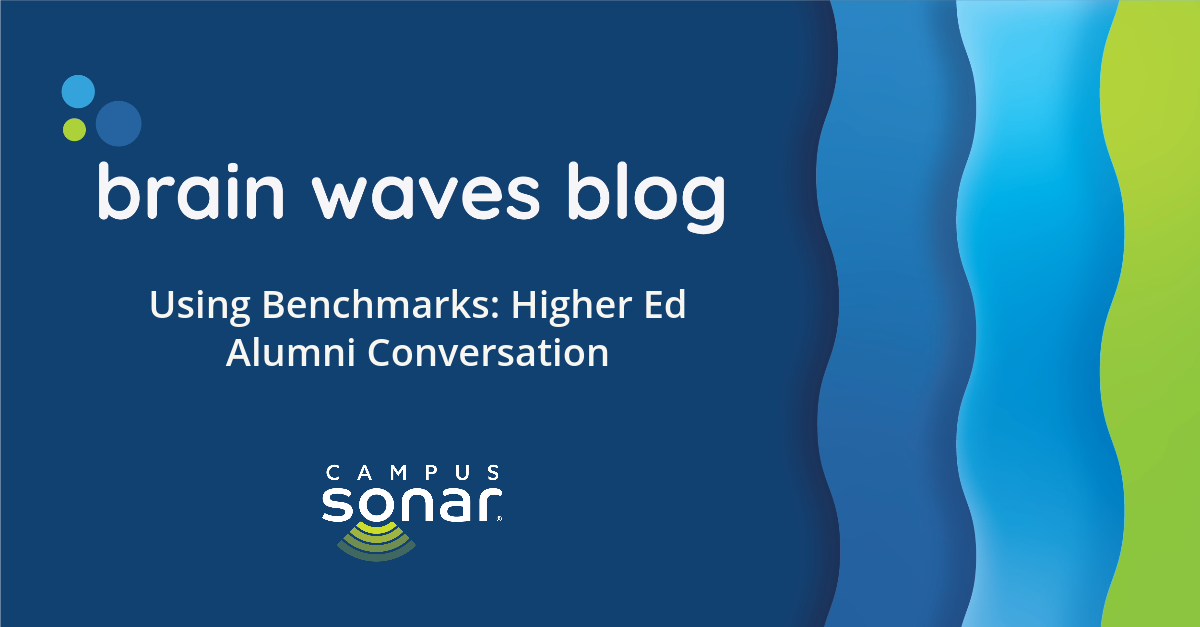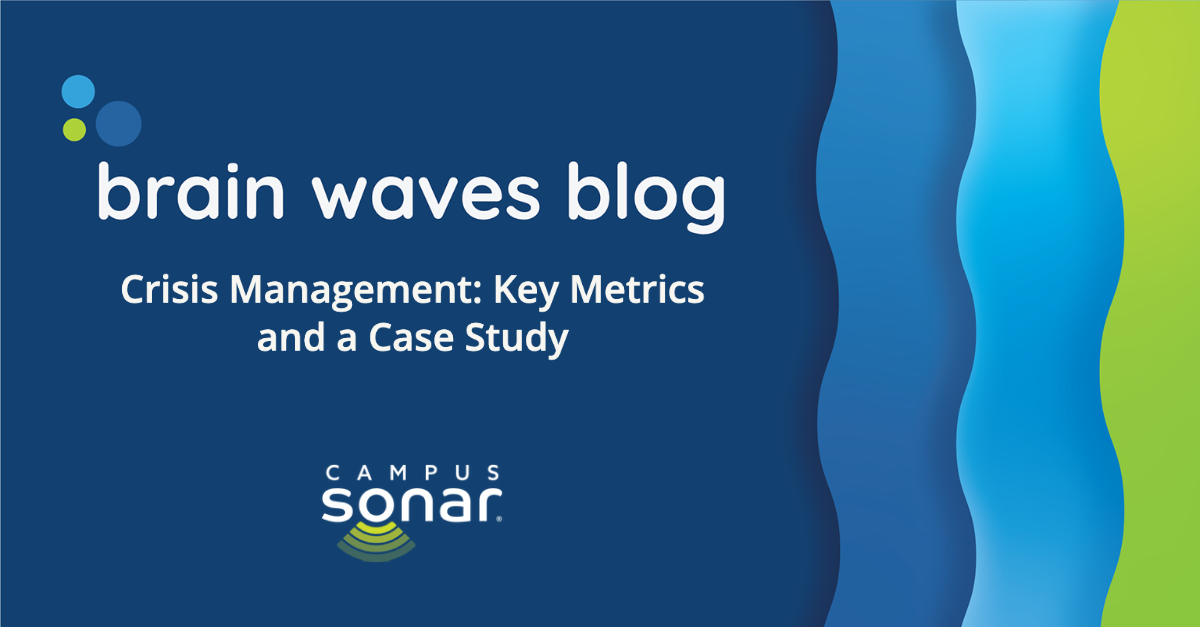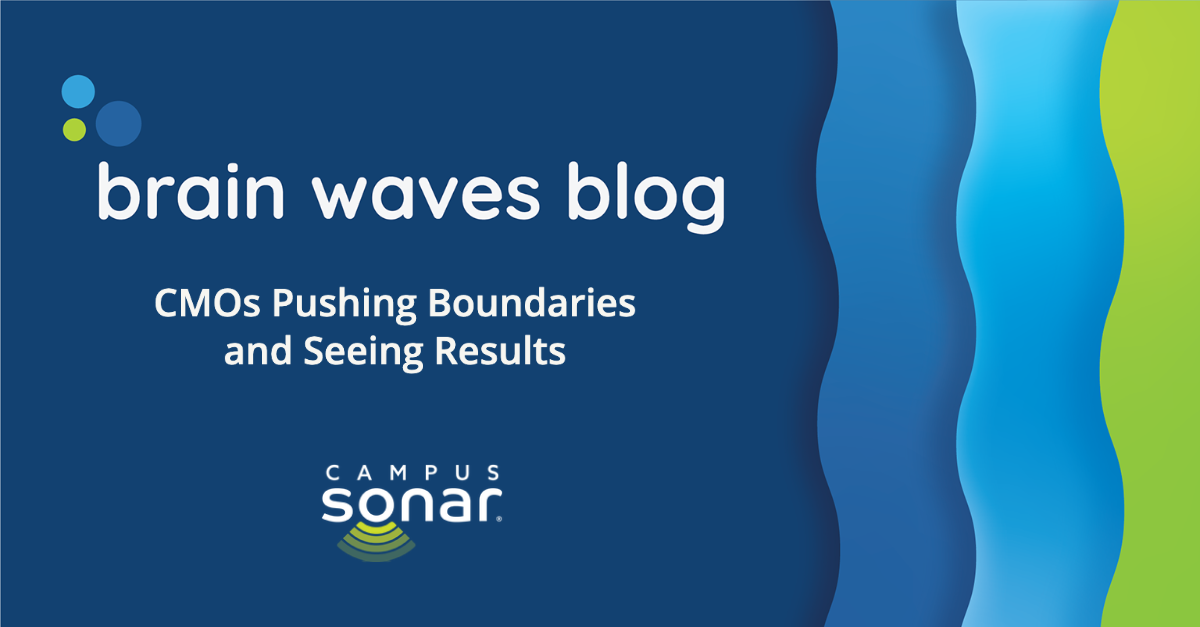
CMOs Pushing Boundaries and Seeing Results
July 27, 2022
Higher ed marketing isn’t synonymous with pushing boundaries, but some CMOs are trying to change that. We sat down with Jenny Petty, University of Montana, and Gabriel Welsch, Duquesne University, to pick their brains on the importance of boundary pushing in higher ed marketing.

